Read offline
Recommendation
Human resources experts David Clutterbuck and David Megginson – and the experts they interviewed – stress the importance of mentoring and coaching at the executive and board level. Mentors who work with executives and board members may delve into career guidance, competency building, relationships, wellness, spirituality and many other areas. Coaching also can encompass a variety of relationships, goals and outcomes. Written in 1999 and updated in 2011, this book has some ideas that seem dated. However, its mentoring principles are timeless. Its 22 case studies explore the benefits of becoming a mentor and illuminate what having a mentor does and can do for leaders and board members. getAbstract recommends this bright, short read to anyone interested in mentoring.
Take-Aways
About the Authors
David Clutterbuck of Clutterbuck Associates runs the European Mentoring and Coaching Council. David Megginson, professor emeritus at the UK’s Sheffield Hallam University, founded its Coaching & Mentoring Research Unit.









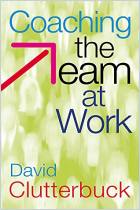
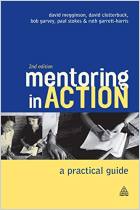
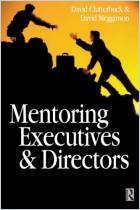
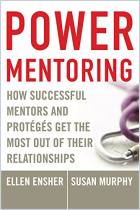

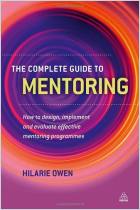
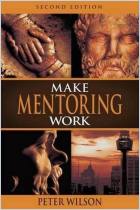
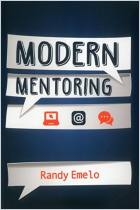







Comment on this summary or Start Discussion